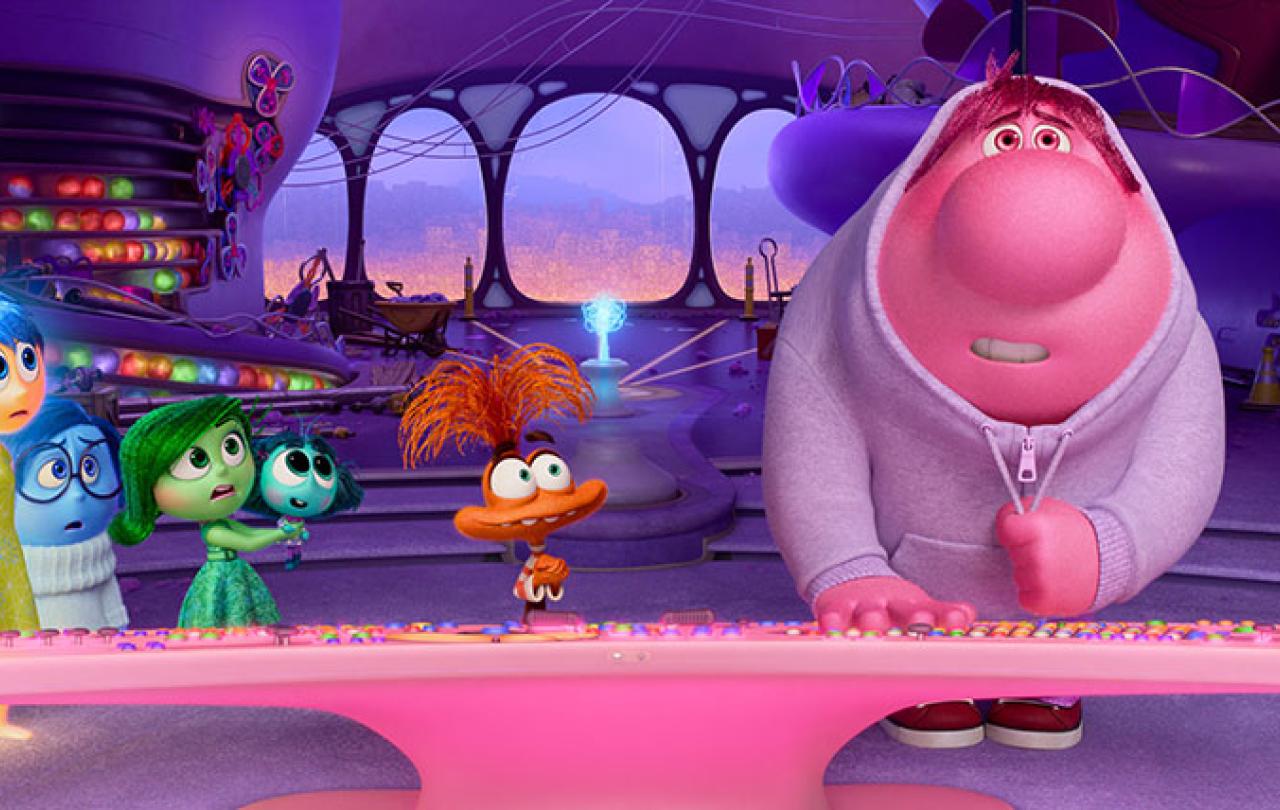
Listen now
Watch now
Radical feminist. Counter-feminist. Arch-conservative. Progressive puritan: the name Louise Perry comes with a milieu of labels attached to it, and after spending a couple of hours in her company, I would suggest that not one of them can adequately contain her.
Louise has written and released an utter grenade of a book. Love it or loathe it, you simply cannot ignore it. The Case Against the Sexual Revolution is exactly what it claims to be, a thorough (and admittedly compelling) dismissal of the notion that the 1960s sexual revolution was a leap forward for the well-being of women. According to the book, the idea that it was/is some sort of feminist victory is simply a myth, or more sinister than that, a lie.
If Louise is wrong, she has boldly given us the opportunity to enjoy disagreeing with her and her provocative views. But if there is even an ounce of truth in what Louise is suggesting, then it surely needs to be shouted from the rooftops.
Personally, I found myself in both agreement and disagreement while speaking with her for the Re-Enchanting… podcast. I’ll start with the disagreements, of which I admittedly wish there were more.
Where I have tended to focus my feminist efforts on achieving equality among the sexes, Louise is promoting wellbeing.
Louise defines herself as an agnostic, I define myself as a Christian, we both define ourselves as feminists. And yet, in what is perhaps an unexpected turn of events, Louise sits in a more conservative space than I do when it comes to what that feminism tends to look like. Maybe that makes me the exact type of person for whom her book was written. Where I have tended to focus my feminist efforts on achieving equality among the sexes, Louise is promoting wellbeing. And, according to Louise, they simply are not always the same thing. A solution to a society where masculine attributes are always favoured is not, Louise suggests, to encourage women to assimilate these masculine attributes (for therein lies the ultimate flaw in the sexual revolution). Rather, we should demand that our society learn to value attributes that are distinctly feminine, such as motherhood.
In hindsight, I wish I had asked Louise what such a society would look like for me, who is not a mother. How can I be valued? Are women who don’t, for assorted reasons, fit the mould of wife and mother inevitably pushed to the margins of this kind of ideal? Is the discrimination that we may face simply a result of the un-traditional unfolding of our own lives?
There is so much truth in Louise Perry’s bleak diagnosis of our modern sexual ethic, it almost hurts to hear it. The thing is, it needs to be heard.
That, and her emphasis on evolutionary biology as the primary explanation behind sexual assault (something which, working at a rape crisis centre, she has witnessed the trauma of in close proximity), are where Louise and I come to a fork in the road and seemingly favour differing routes. Call it naivety, but I suppose I leave a little more room for redemption and innate goodness in my worldview (and therefore, a lot more room for the condemnation of societies that propagate male violence because I have decided to expect, and therefore ideologically demand, more from men) than evolutionary biology tends to allow.
Despite this, I would suggest that there is so much truth in Louise Perry’s bleak diagnosis of our modern sexual ethic, it almost hurts to hear it. The thing is, it needs to be heard.
We spoke a lot about ‘sexual disenchantment,’ something which she mentions in her book. In keeping with Max Weber’s definition of such, sexual disenchantment is the (very recent) idea that sex is meaningless; it is just one of the many social interactions we have on any given day, akin to making a coffee for a colleague in the office, or meeting someone for a game of tennis. There is nothing inherently unique, sacred, or distinct about it. At least, not if one decides there isn’t. Any meaning attributed to sex can be an added extra.
The interesting thing, according to Louise, is that while society may believe on some ideological level that this is true, most of us simply do not live like it is. Afterall, if there is no unique understanding of sexual activity, there can be no unique understanding of sexual assault. As Louise chillingly stated, if this were the case, rape would just be a form of theft. And yet- both instinctively and legally, that is not how we perceive it.
Therefore, whether we like it or not, Louise forces us to ask ourselves this deeply uncomfortable question: is such a disenchanted perception of reality truly benefitting women in the way that we have been told that it is? Or is she right, have we been sold a lie? Is it time to make a societal U-turn and re-enchant sex once again?
Listen to our episode of Re-enchanting… Sex with Louise Perry and come to your own conclusions. Whether you agree or disagree with what she says (or, as in my case, a little of both), you’ll be mightily glad that you did.

